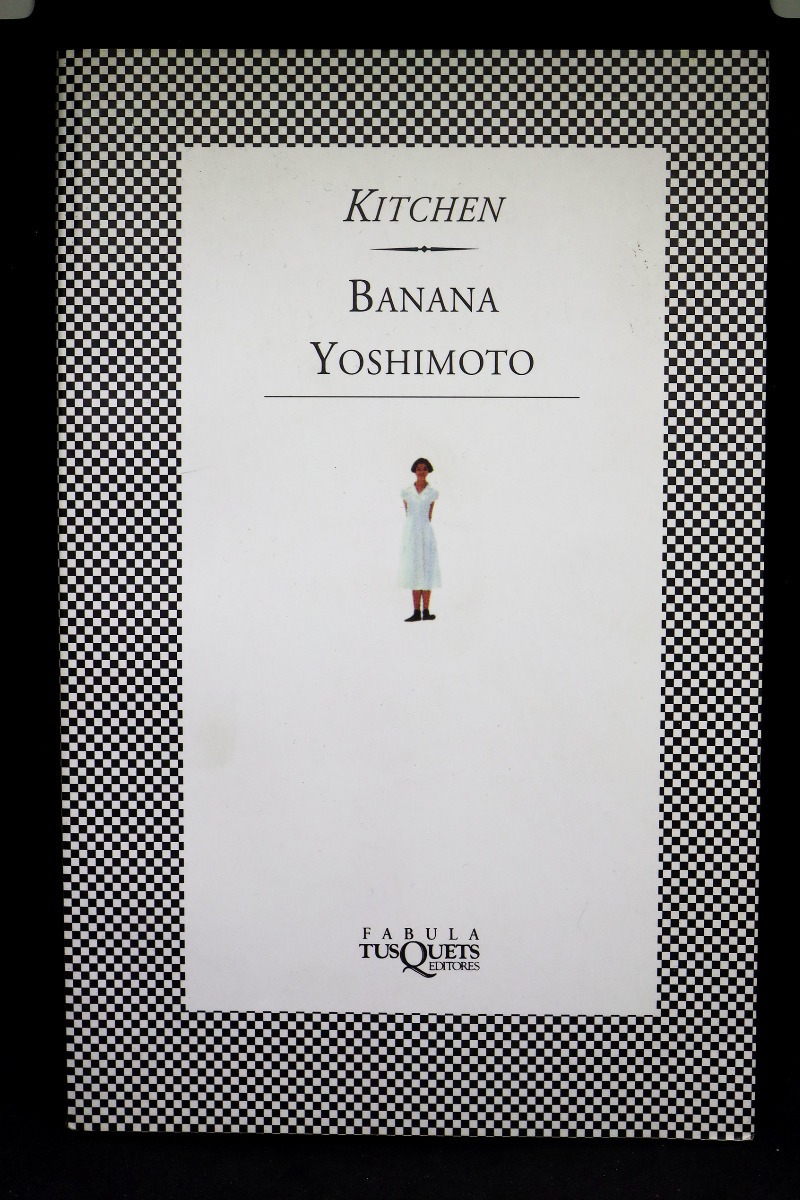

Though in fact cousins, Maria and Tsugumi grew up as part of a very close-knit family and suffered all the frustrations and animosity two sisters are often left with no choice but to suffer, with the added handicap of a disease which Tsugumi was born with. Set in a sleepy seaside town, this novel explores not the love of a mother or a spouse, but the kind of love that tests all the patience we have in our youth: sisters. That’s not a bad thing.” Love in All its FormsĪ year after the release of Kitchen came the publication of Goodbye Tsugumi. What I mean by ‘their happiness’ is living a life untouched as much as possible by the knowledge that we are really all if us, alone. Which is better? Who can say? Everyone lives the way she knows best. But therefore they could never know real joy. They had been taught, probably by caring parents, not to exceed the boundaries of their happiness regardless of what they were doing. Love leaves its mark on every single one of her stories. Looking at the dedication Eriko has for her son, and the steps she has taken to ensure a good upbringing for him, the value Yoshimoto places on love in all of its forms is plain to see.

In a whimsical style that recalls the early Marguerite Duras, Kitchen and its companion story, Moonlight Shadow, are elegant tales whose seeming simplicity is the ruse of a very special writer whose voice echoes in the mind and the soul.This embracing of a trans character (especially one not defined by being trans, thus avoiding becoming a two-dimensional token minority character) would be seen as a hugely progressive step today, let alone thirty years ago, and Eriko’s very existence is the perfect demonstration of the importance of Yoshimoto as an artistic voice in today’s Japan. As the three of them form an improvised family that soon weathers its own tragic losses, Yoshimoto spins a lovely, evocative tale with the kitchen and the comforts of home at its heart. Grieving, Mikage is taken in by her friend, Yoichi, and his mother (who is really his cross-dressing father), Eriko. Mikage, the heroine, is an orphan raised by her grandmother, who has passed away. Kitchen is an enchantingly original book that juxtaposes two tales about mothers, love, tragedy, and the power of the kitchen and home in the lives of a pair of free-spirited young women in contemporary Japan. With the publication of Kitchen, the dazzling English-language debut that is still her best-loved book, the literary world realized that Yoshimoto was a young writer of enduring talent whose work has quickly earned a place among the best of contemporary Japanese literature.


 0 kommentar(er)
0 kommentar(er)
